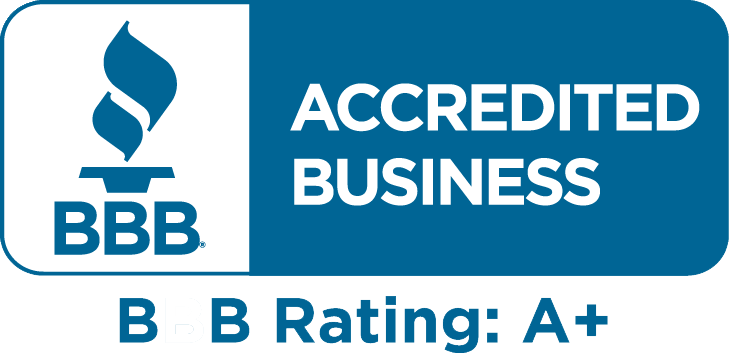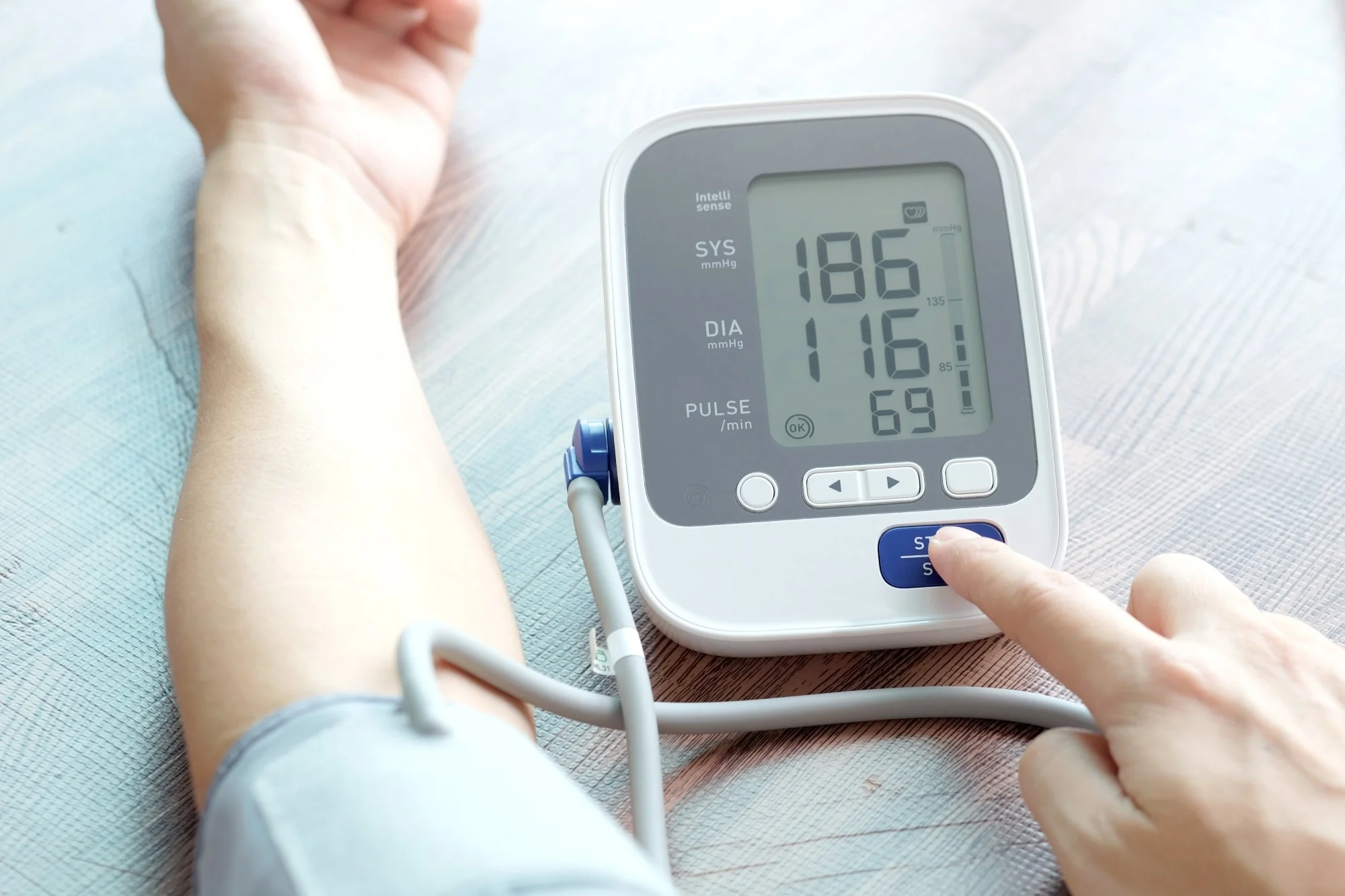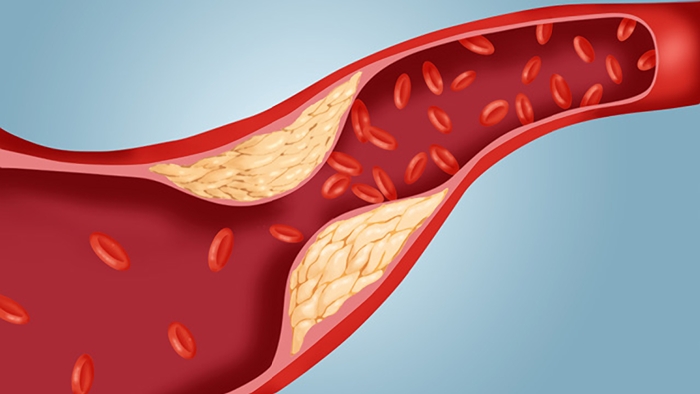EffiHealth June E-Health Newsletter: 7 Ways to Improve Your Heart/Brain Score
Healthy Life Newsletter
June, 2018
Study Proves: What’s Good for Your Heart is Good for Your Brain
Are you hoping to avoid the anguish of age-related memory loss and cognitive problems? New research now suggests that it if you look after your heart, your brain will benefit too. Let’s discuss brain health.
You may think that memory problems are genetic, or one of those unlucky conditions that ‘just happens.’ However, Harvard Health states that as many as one-third of all cases of memory loss, including those identified as Alzheimer’s, can be attributed to vascular factors.
This correlation makes perfect sense, as the heart pumps blood through a rich network of vessels to every part of your body, including the brain.
Healthy Heart, Brain Health
With this in mind, researchers at the University of Miami1 set out to further prove the link between heart and brain health with a group of over 1,000 people in their 60s and 70s.
First, they assessed their cardiovascular health with what the American Heart Association has dubbed “Life’s Simple 7.” Essentially, these are factors known to benefit heart health including weight management, good nutrition, exercise, not smoking, and keeping blood pressure, cholesterol and blood sugar levels under control.
Then, researchers measured the group’s cognitive skills. They conducted a series of tests to measure memory, judgment, the ability to plan, mental quickness, and other types of problem solving.
The researchers discovered, to their surprise, that the study participants with strong hearts did far better on the cognitive and memory tests.
A check several years later revealed that the brain benefits of a heart-healthy lifestyle persisted: The better the person’s “Life’s Simple 7” score, the better the cognitive test score.
How to Improve Your Personal “Life’s Simple 7” Score and Brain Health
Chances are that you’d like to improve your heart/brain health score. If you are already getting an A+, good on you! But, if you are falling short in some areas, it’s not too late to make a substantial change. Your heart and brain will thank you!
The American Heart Association recommends the following seven steps.
-
Manage Blood Pressure to Increase Brain Health
High blood pressure is a major risk factor for heart disease and stroke. Over time, soaring blood pressure puts too much stress on blood vessels. Studies prove that having uncontrolled high blood pressure in midlife raises your risk of dementia later in life. Know your numbers by getting checked regularly.
-
Control Cholesterol to Improve Brain Health
High cholesterol contributes to plaque, which can clog arteries and lead to heart disease and stroke. When you control your cholesterol, you are giving your arteries their best chance to remain clear of blockages. Research suggests that plaque and blockages in the blood vessels surrounding the brain can lead to memory and cognitive issues.
-
Reduce Blood Sugar
Most of the food we eat is turned into glucose (or blood sugar) that our bodies use for energy. Over time, high levels of blood sugar can damage your heart, kidneys, eyes and nerves. To make sure your numbers are on-target, get checked often.
-
Get Moving to Increase Brain Health
When it comes to the benefits of exercise, the evidence is undeniable. Simply put, daily physical activity increases your length and quality of life. Aim for at least 150 minutes of moderate physical activity or 75 minutes of vigorous physical activity — or an equal combination of both –each week. That’s only 20 minutes a day for a heathier heart, faster brain, and more energy, too.
-
Eat Healthy Foods to Increase Brain Health
A healthy diet is one of your best weapons for fighting cardiovascular disease. Eat plenty of vegetables, fruits, whole grains and low-fat dairy, and include seafood rich in omega-3 fatty acids (such as salmon). Omega-3 is a rich source of DHA, a compound that is particularly good for brain health. Limit foods with added sugars and saturated fats and lower your salt intake.
-
Lose Weight
Some doctors refer to weight loss as the “magic bullet” for improving health. That’s because when you shed extra fat and unnecessary pounds, you reduce the burden on your heart, lungs, blood vessels, joints and bones. You give yourself the gift of active living, you lower your blood pressure, your brain stays healthier and you help yourself feel better, too.
-
Stop Smoking to Increase Brain Health
Cigarette smokers have a higher risk of developing cardiovascular disease. If you smoke, quitting is the best thing you can do for your health.
1Hannah Gardener, Ph.D., Sc.D., assistant scientist, neurology, Miller School of Medicine, University of Miami; Gregg Fonarow, M.D., professor, cardiology, University of California, Los Angeles; March 16, 2016, Journal of the American Heart Association

















